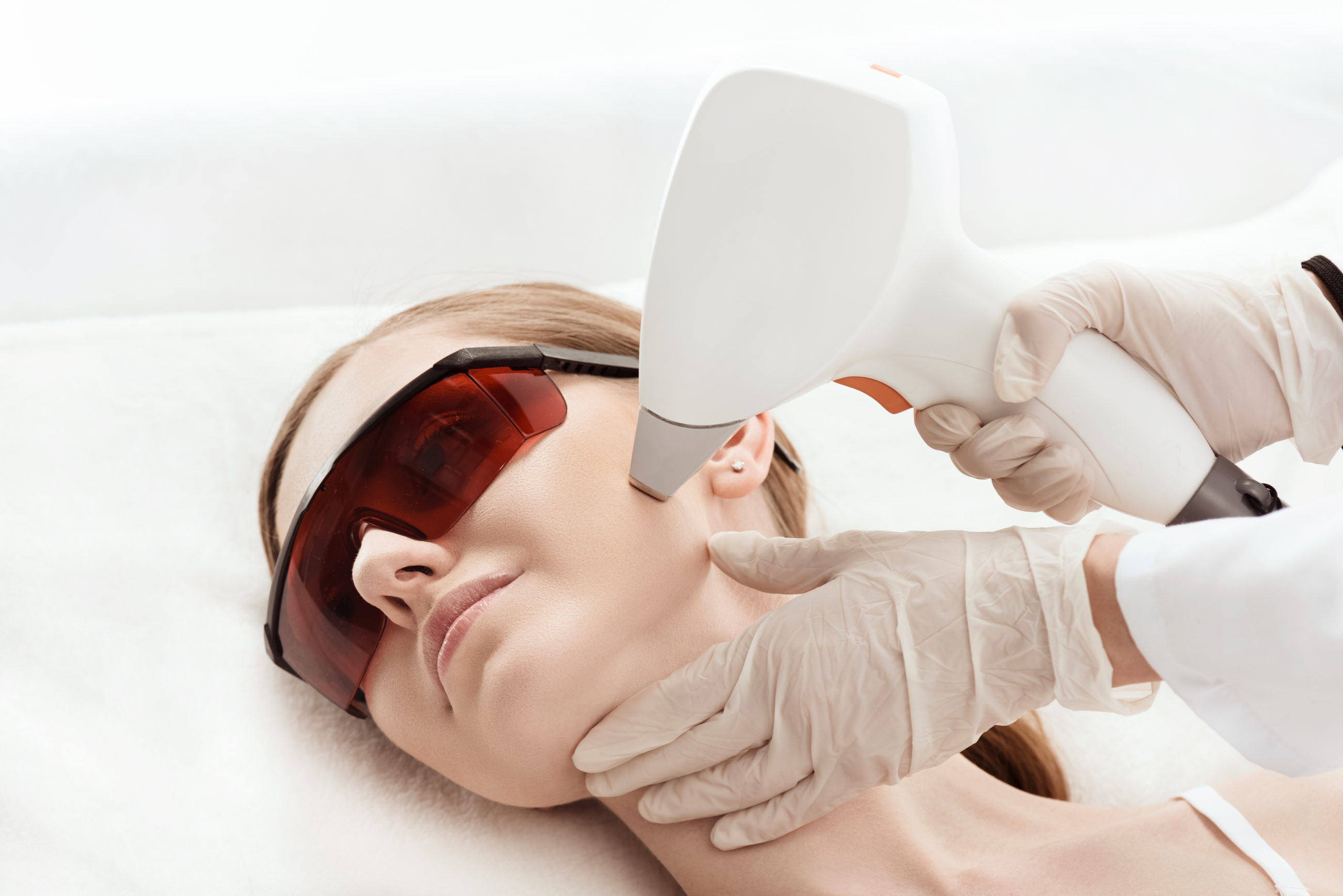Psoriasis is a chronic skin condition that affects millions of people worldwide. It’s characterized by the rapid buildup of skin cells, leading to red, itchy, and scaly patches. Coping with psoriasis can be challenging, both physically and emotionally, but with the right strategies, it’s possible to keep it under control and improve your quality of life.
What is Psoriasis?
Psoriasis is an autoimmune disease, meaning that the body’s immune system mistakenly attacks healthy skin cells. This leads to an overproduction of skin cells, resulting in the formation of red, inflamed patches covered with silvery scales. The exact cause of psoriasis is not fully understood, but genetics and environmental factors are believed to play a significant role in its development.

How to Cope with Psoriasis
While there is no cure for psoriasis, many treatment options are available to help manage and control its symptoms. Additionally, there are lifestyle changes and self-care practices that can significantly improve your overall well-being while living with psoriasis.
Consult a Dermatologist
If you suspect you have psoriasis, it’s crucial to seek medical advice from a dermatologist. They can provide an accurate diagnosis and develop a personalized treatment plan based on the severity and type of psoriasis you have. Treatment options may include topical creams, oral medications, phototherapy, and biologic drugs.

Specific Spa Treatments
Spa treatments can provide relaxation and potential relief from symptoms. Some spa treatments have been known to benefit individuals with psoriasis, because they can help hydrate the skin, reduce inflammation, and promote relaxation. Be sure to choose a reputable spa with experienced staff who understands the needs of psoriatic skin and offers specific treatments, like Blue Lagoon’s psoriasis treatments for example.
UV Therapy
Some people with psoriasis find relief from controlled exposure to natural sunlight. Phototherapy, which uses UVB or UVA light under medical supervision, can also be an effective treatment option. However, always consult your dermatologist before attempting any light therapy.

Moisturize Regularly
Dry skin can exacerbate psoriasis symptoms, so it’s essential to keep your skin well-hydrated. Use moisturizers specifically designed for sensitive or psoriatic skin. Apply them generously, especially after a shower or bath, to lock in moisture e prevent dehydration.
Avoid Triggers
Identify and avoid triggers that worsen your psoriasis symptoms. Common triggers include stress, smoking, alcohol, certain medications, and skin injuries. By minimizing exposure to these triggers, you can reduce the frequency and severity of flare-ups.
Stress Management
Stress is known to exacerbate psoriasis symptoms. Incorporate stress-reduction techniques and exercises into your daily routine, such as meditation, yoga, deep breathing exercises, or mindfulness practices. These can help relax your mind and body, potentially reducing flare-ups.

Healthy Lifestyle
A balanced diet and engaging in regular physical activity can contribute to better overall health and may help manage psoriasis symptoms. Some people find relief by following an anti-inflammatory diet rich in fruits, vegetables, and omega-3 fatty acids.
Avoid Scratching
Resist the urge to scratch or pick at psoriasis lesions, as this can worsen the condition and lead to skin infections. Keep your nails short and consider using gloves or applying anti-itch creams to minimize discomfort.
Coping with psoriasis is an ongoing journey that requires patience, self-care, and a proactive approach to managing symptoms. By working closely with healthcare professionals and adopting coping mechanisms like ones listed above, you can keep psoriasis under control and improve your overall quality of life.
